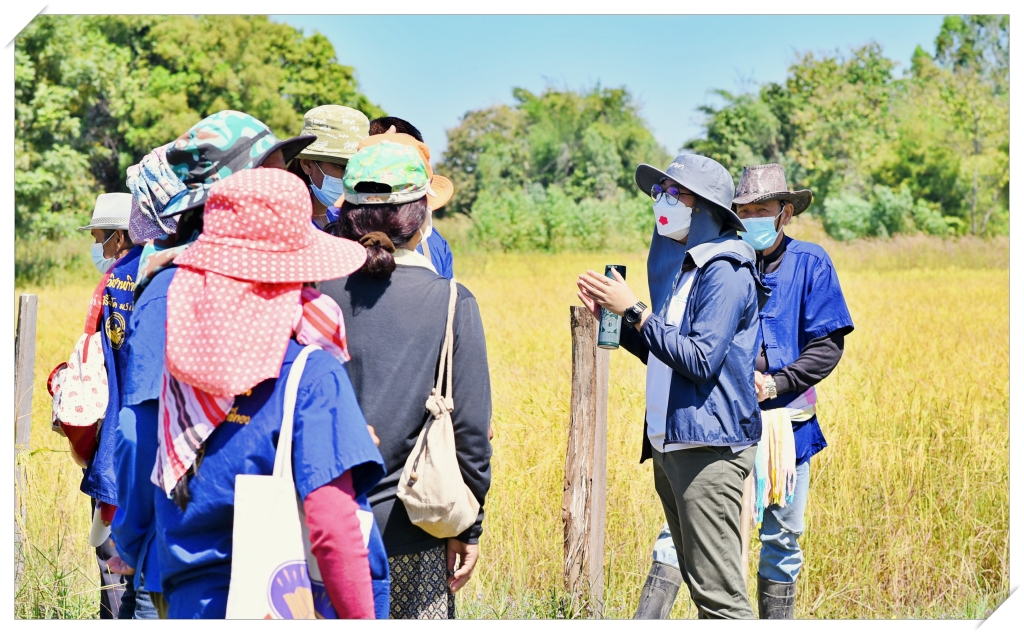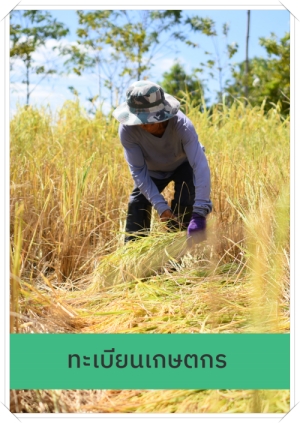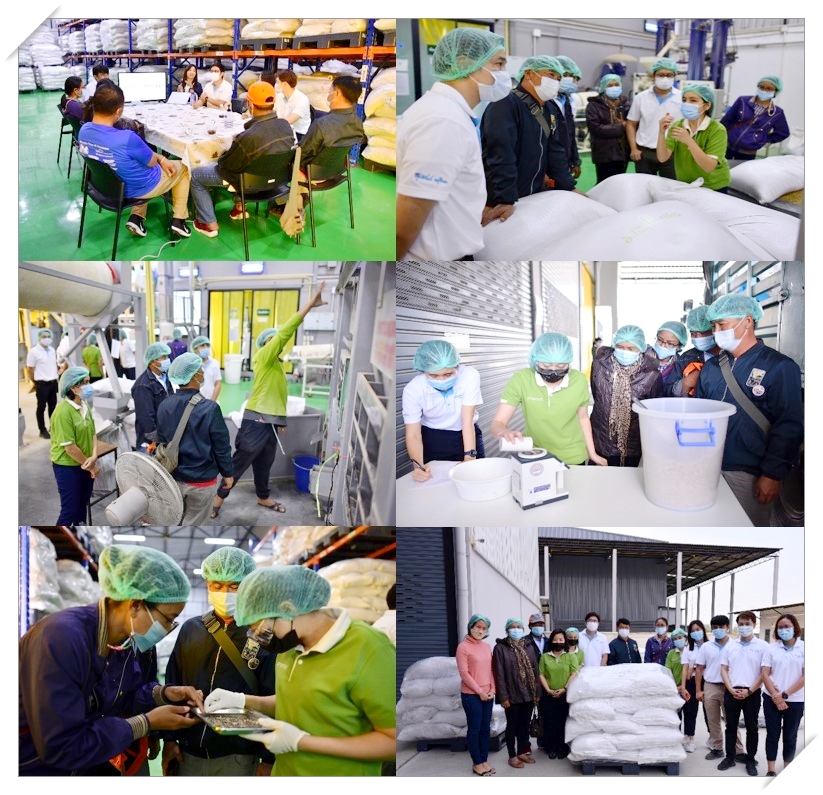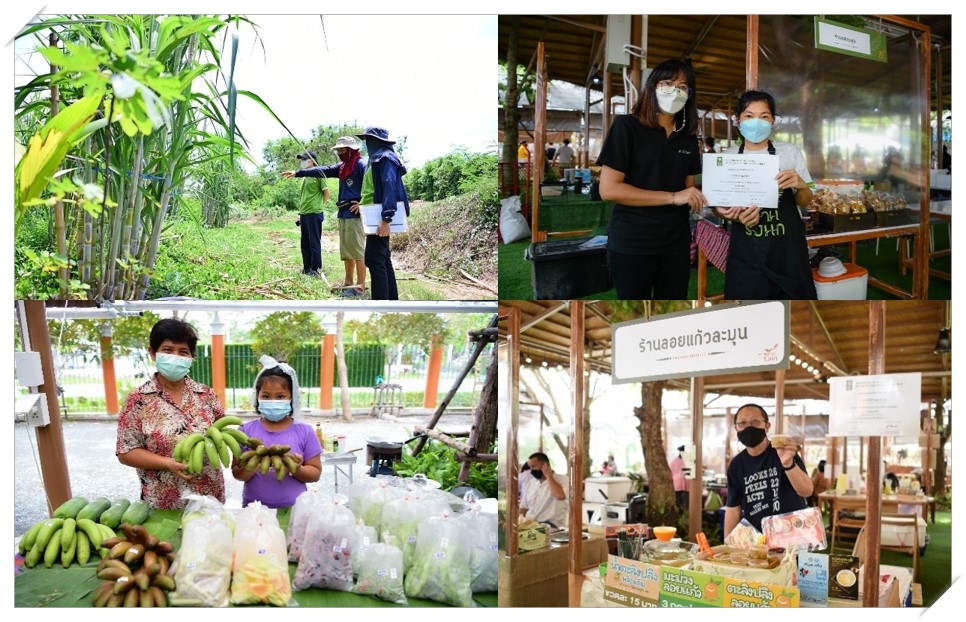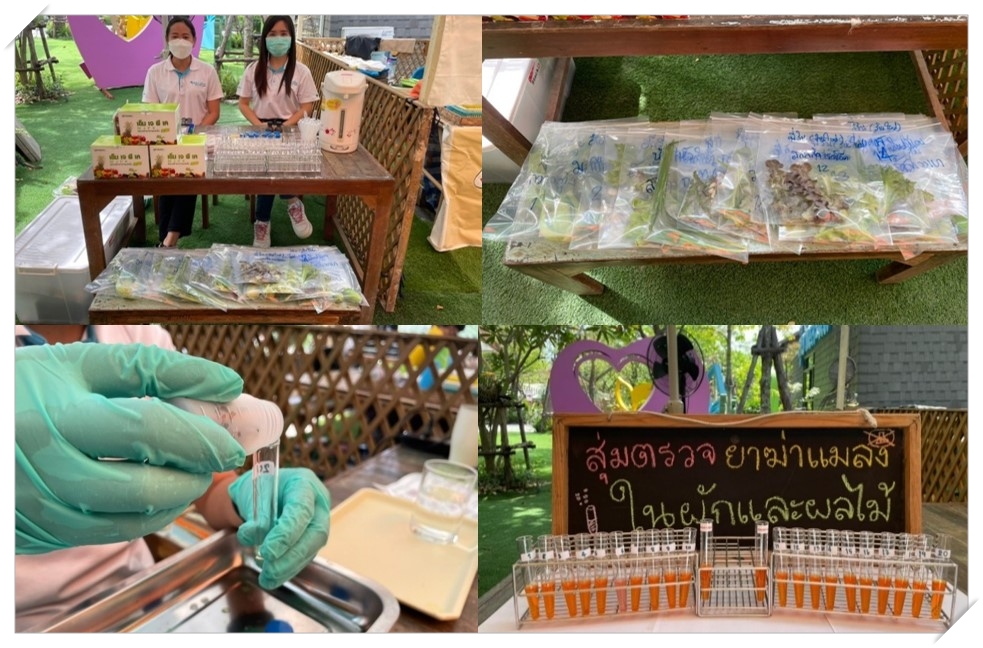Organic Agriculture
SALANA PGS Organic Farming Education and Certification Project
SALANA PGS Organic Farming Education and Certification Project
Network Farmers
Suthirat Yoovidhya Foundation promotes knowledge and provides certification of organic farming standards SALANA PGS, which is an organic agricultural standard that prioritizes “Participatory Guarantee Systems: PGS” for farmers who cultivate crops, livestock, and fisheries (beginning in 2018).
Project Goals
In order to facilitate the transition from a chemical-based production system to an organic system that adheres to SALANA PGS organic farming standards, it is imperative to develop accurate knowledge and comprehension among farmers regarding organic farming. This will encourage both individual and group farmers to participate in the organic market system, which will ultimately facilitate their application for international organic agricultural standard certification.
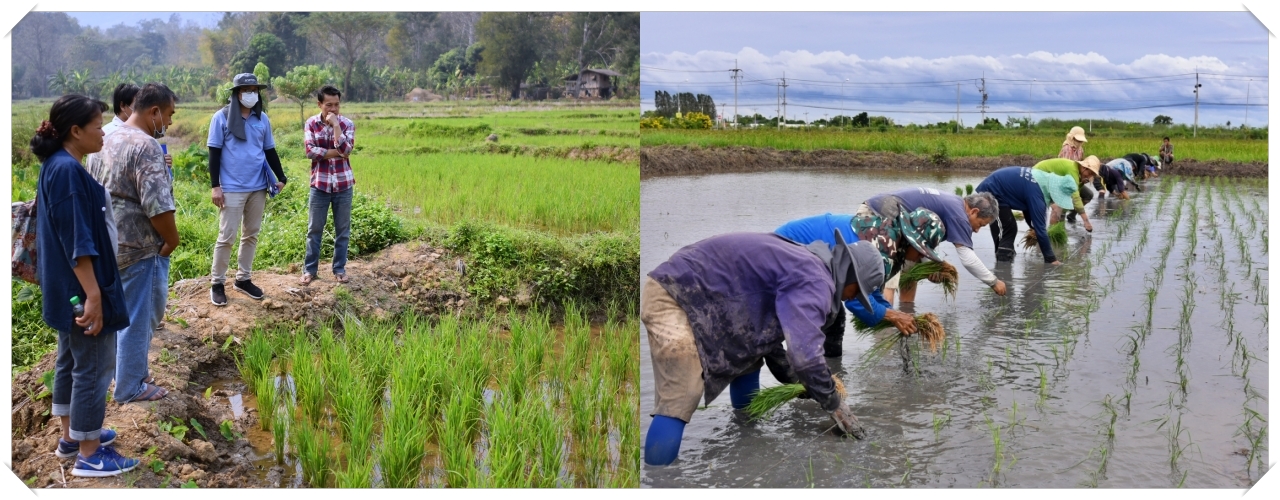
SALANA PGS Organic Farming Education and Certification Project
Network Farmers
Project Implementations
Engaging in endeavors to educate and certify farmers, both individually and collectively, on SALANA PGS organic agricultural standards while also encouraging their participation in the organic market system.
1. Provide Information on Production in the Organic Farming System

Educate farmers interested in organic farming through fieldwork concerning official opportunities, organic agricultural standards, adjustment preparation, production methods, and the process of requesting standard certification.

2. Inspect and Certify SALANA PGS Organic Agricultural Standards
Certification was performed for 38 SALANA PGS organic agricultural standards; 33 farmers were certified, and 5 remained uncertified; certification information is provided below.
2.1 Unconditional Certification (Following the regulations) totaling 26 cases, with farmers performing the following practices:
1) The production process of group members, including planting, harvesting, storage, and distribution, is regulated by an Internal Control System (ICS) in accordance with internal control standards.
2) There are environmentally friendly methods for managing disease and pest outbreaks, such as spraying neem-fermented water in rice fields to eradicate brown planthoppers, etc.
3) Seeds and organic rice varieties are preserved for planting the following season.
4) Respect for nature is transmitted through traditional culture in the form of rice-related cultural traditions that have been preserved, including the first rice field ceremony, the rice reception ceremony, the first harvest ceremony, the merit-making ceremony, the rice blessing ceremony, and the paddy rice pagoda construction tradition, among others.
2.2 Conditional Certification (Must be revised to meet the regulations) totaling seven cases, with recommendations for farmers as follows:
1) Animal feed containing organic materials does not meet the specifications. It is recommended that farmers adjust animal feed formulas to include at least 60% organic materials.
2) Some buffer zones are susceptible to chemical contamination from neighboring plots. Farmers are advised to improve the buffer zone by planting or applying other materials, such as slan, at higher levels than certified crops.
3) The presence of chemical containers in the field, including bags used to store planting materials or chemical fertilizer containers, poses a threat to production. This may be the result of a misunderstanding regarding the appropriate methods of separation, storage, and disposal of such containers. It is advisable that cultivators eliminate these containers from their fields and acquire knowledge regarding the proper storage conditions for inputs and materials.
4) Activity logs pertaining to the farm are insufficient. Farmers are not permitted to maintain records of information in the required level of detail. A detailed and current record of information regarding farm activities is advised for farmers to maintain.
5) Chemical contamination may occur in water sources utilized for agricultural purposes as a result of their connection to public water sources that traverse chemical fields or industrial facilities. To ensure regulatory compliance, farmers are encouraged to implement preventive measures, such as constructing water reservoirs and water filtration systems, to reduce chemical contamination on their plots.
2.3 Failure to Certify Standards (Not meeting the regulations) totaling 5 cases, with recommendations for farmers as follows:1) Farmers use animal feed that contains antibiotics, which does not meet the SALANA PGS organic standard. Farmers must switch to organic feed from verified and trusted sources.
2) Processed foods containing synthetic ingredients do not meet the SALANA PGS organic standard. Farmers must thoroughly research and comprehend the certification criteria in the context of organic food items in food shops.
3) Parallel production occurs when the same crop is grown in the certified plot and the same product is chemically converted or processed organically and chemically during the same time period. Farmers must adjust their production processes to meet the SALANA PGS organic standard.
4) There is no buffer zone to protect against chemical contamination from neighboring plots. Farmers must create buffer zones to protect themselves from chemical contamination in both water and air.
5) Chemicals are used on the plot. Farmers must discontinue the use of all chemicals in the production process and enter an adjustment period of at least 12 months.
Certified Farmer Registration

3. Pushing Farmers into Organic Markets
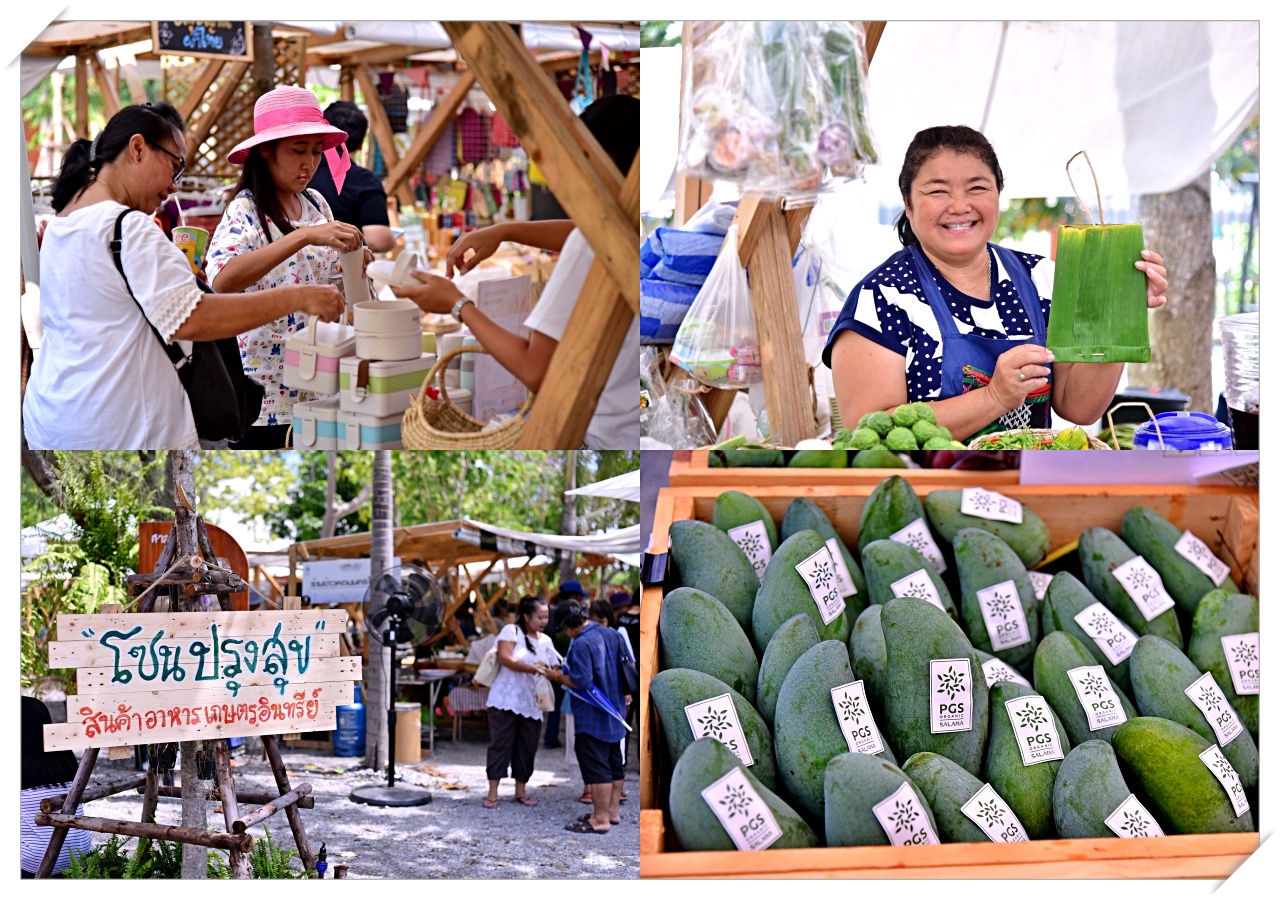
Establish connections between network partners, Ban Rang Nok Market and Salana Organic Village (Social Enterprise) Co., Ltd., and farmers or groups of farmers who adhere to SALANA PGS-certified organic farming standards, in order to facilitate the formation of trading agreements and the sale of organic produce to consumers; this will generate numerous income and market opportunities. Farmers or farmer groups with the ambition and capability to become entrepreneurs will concurrently receive assistance via the Community Business Entrepreneurship Potential Development Project.


